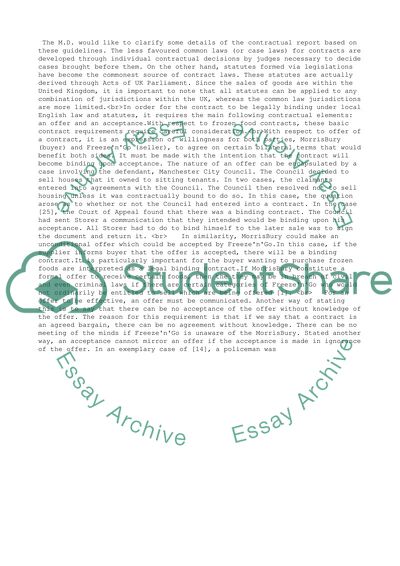Cite this document
(“Legal Aspects of Supply Chain Management Case Study”, n.d.)
Legal Aspects of Supply Chain Management Case Study. Retrieved from https://studentshare.org/business/1529106-legal-aspects-of-supply-chain-management
Legal Aspects of Supply Chain Management Case Study. Retrieved from https://studentshare.org/business/1529106-legal-aspects-of-supply-chain-management
(Legal Aspects of Supply Chain Management Case Study)
Legal Aspects of Supply Chain Management Case Study. https://studentshare.org/business/1529106-legal-aspects-of-supply-chain-management.
Legal Aspects of Supply Chain Management Case Study. https://studentshare.org/business/1529106-legal-aspects-of-supply-chain-management.
“Legal Aspects of Supply Chain Management Case Study”, n.d. https://studentshare.org/business/1529106-legal-aspects-of-supply-chain-management.


